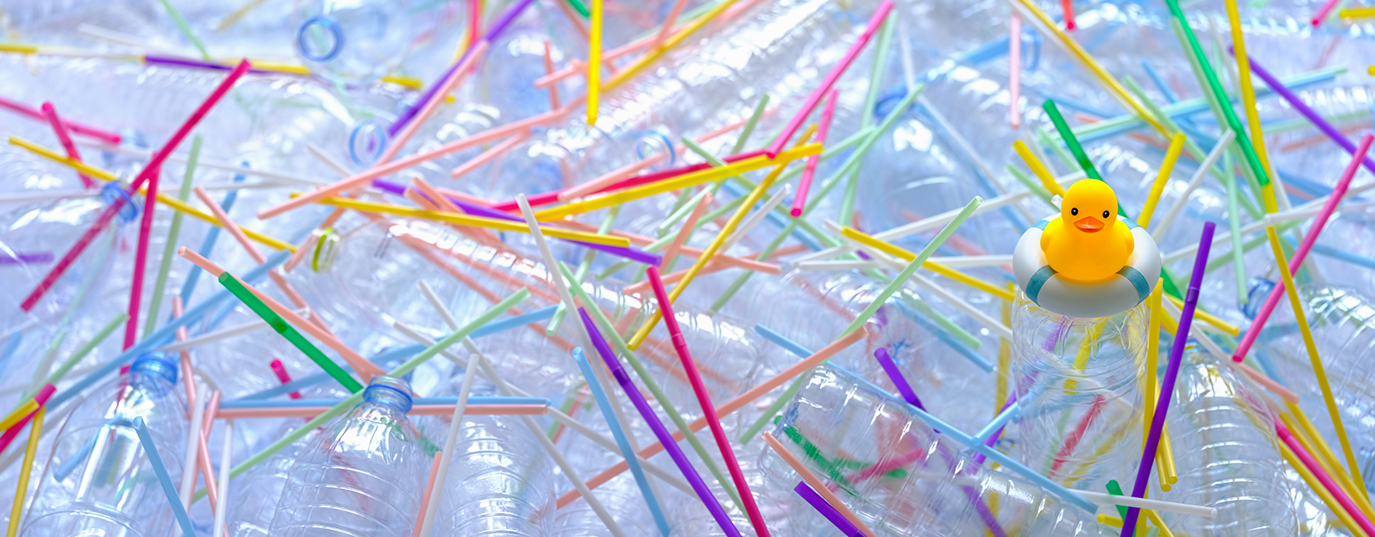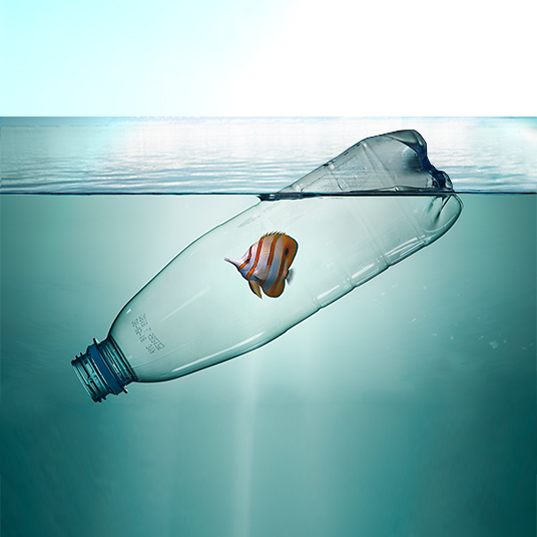End is nigh for throwaway plastic
EU bans single-use plastics: if it isn’t made, it can’t pollute
Over 80% of waste found in the oceans is plastic, according to European Union data. Huge garbage patches at sea are having a devastating impact on the ocean ecosystem. Many animals are trapped by them. Others mistake them for food, with the risk that it leads to their deaths or the same plastic returns to land served on our dinner plates.
Many formats and types of plastic exist, almost all needing an average 1,000 years to decay; in other words, they will be floating around to see another millennium. The worst of it, is that we’ve only used many of these plastics a single time before throwing them away.
But now the days are numbered for some of them – and we are not talking figuratively here. The EU Council and Parliament reached an agreement several months ago to ban single-use plastics from 2021 onwards. The theory goes: if it isn’t made, it can’t pollute. This drastic measure will help reduce the accumulation of waste in the ocean and continue to raise awareness in society of the need for a responsible use of our resources.
According to the agreement, the following single-use plastics must disappear before the above-mentioned date:
- Plastic plates
- Plastic cutlery: spoons, forks, knives and stirrers
- Plastic straws
- Cotton swabs made with plastic
- Plastic sticks with which to hold balloons
- Cups or glasses made from expanded polystyrene
- Expanded polystyrene food containers, such as fast food boxes, with or without covers, used to contain items for immediate consumption in situ or to take away, and which can be consumed without further cooking or reheating
- Oxo-degradable plastic products, i.e. plastic materials that contain additives which, in aerobic conditions, result in micro-fragmentation of the plastic due to oxidation.
Additionally, a quantitative reduction is planned in the use of:
- Plastic food recipients such as fast food boxes, with or without covers, used to contain items for immediate consumption in situ or to take away, and which can be consumed without further cooking or reheating
- Plastic cups, including tops for them.
EU Member States have also set an objective of 90% for the collection of plastic bottles, which must have a minimum recycled content of 25% in 2025 and 30% by 2030 to reduce the accumulation of waste in the ocean
Awareness-raising about the environmental damage
The accord, as well as banning all these single-use plastics, requires packaging, such as those for wet wipes, to inform the consumer of the harm caused to the environment if the items are not disposed of properly.
The EU has also introduced a “polluter pays” system for the management of cigarette filters containing plastic. Producers will have to cover the costs of public waste departments for collecting cigarette butts and the waste points designed for them.
We have grown accustomed to using many daily products once only, but now there are all kinds of alternatives which don’t pollute and were always there, long before plastic came into being. It is time to refresh our memory and remember that, to live well, it’s not necessary to throw away.
Sources: Council of the European Union, European Parliament News



